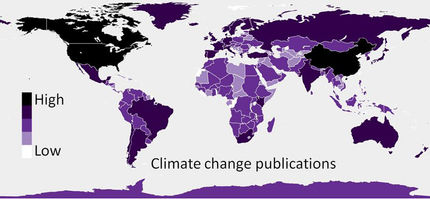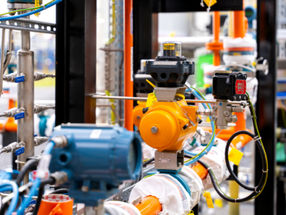Industrial Biotech: a major toolbox to help fight climate change
Advertisement
WWF released the report “Industrial biotechnology - More than green fuel in a dirty economy?”. This report explores the transformational potential of industrial biotechnology in contributing towards a low-carbon economy. It concludes that the full climate change mitigation potential of industrial biotechnology ranges between 1 billion and 2.5 billion tons of CO2 equivalent per year by 2030. This is compared to a scenario in which no industrial biotechnology applications are available. However, the critical caveat to these findings is that the actual impact of industrial biotechnologies on greenhouse gas (GHG) emissions will depend upon the overall socio-economic environment, the public policies and private sector strategies put in place to disseminate and support these technologies and biobased products.
EuropaBio, the European Association for Bioindustries, welcomes this report and fully supports WWF’s assertion that the correct policies need to be put into place for these technologies to fulfill their potential and actively contribute to a sustainable low-carbon society. Many of EuropaBio’s members are companies that are currently commercialising and developing such products for various industrial sectors. The industry is working together with the European Commission and several Member States to develop a positive legislative framework and incentives to encourage this biobased economy.
“Recent initiatives by the European Commission (EC), such as the Lead Market Initiative for Biobased Products have fixed the spotlight on industrial biotechnology and biobased products” said Dirk Carrez, Director Industrial Biotechnology at EuropaBio. “The EC is working very hard together with different stakeholders (such as Member State Competent Authorities, industry and various European technology platforms) to develop proposals for legislative changes and policies needed to develop a strong lead market for biobased products in Europe. The aim is to create specific support measures to facilitate the development and commercialisation of these more sustainable products and production methods.”
To ensure that the biobased economy becomes a reality, a range of critical policy areas must be reinforced. These include:
- accelerating the transformation of knowledge into commercial products on a scale that can prove economic feasibility (such as small scale demonstration projects)
- developing incentives to support and mitigate the effects of the reconversion of existing conventional production facilities to biobased ones
- the development of eco-incentives for biobased products at EU and national level, and
- policies that allow access to renewable feedstock in sufficient quantity of good and guaranteed quality at competitive price.
“Industry in Europe is poised to deliver the biobased economy, but it needs a solid policy foundation to act as a springboard,” said Willy De Greef, Secretary General of EuropaBio. He continued, “In the months ahead of the UNFCCC Climate Summit, it is important that stakeholders such as the WWF recognise and support industrial biotechnology and biobased products as a major opportunity to combat climate change, and that technologies such as these must be considered as part of the solution. EuropaBio will continue its efforts to help create a policy environment that will facilitate making the biobased economy a reality, so it can deliver on its promises to create a sustainable future for the planet.”






























































